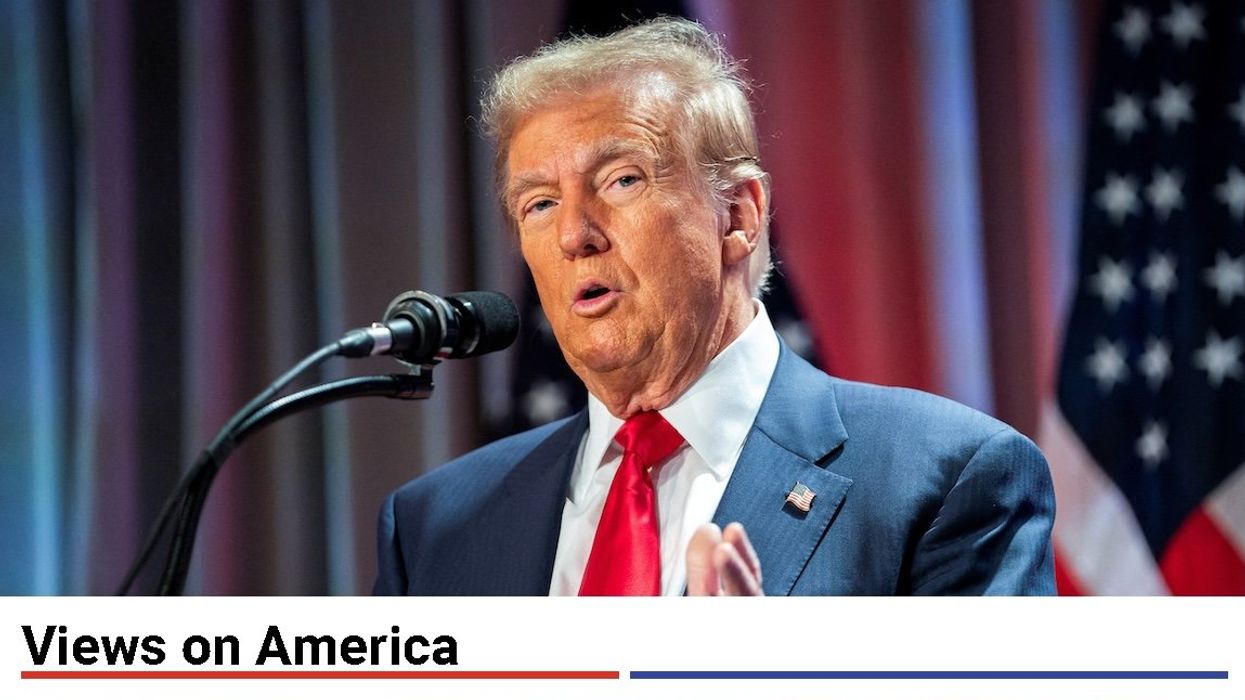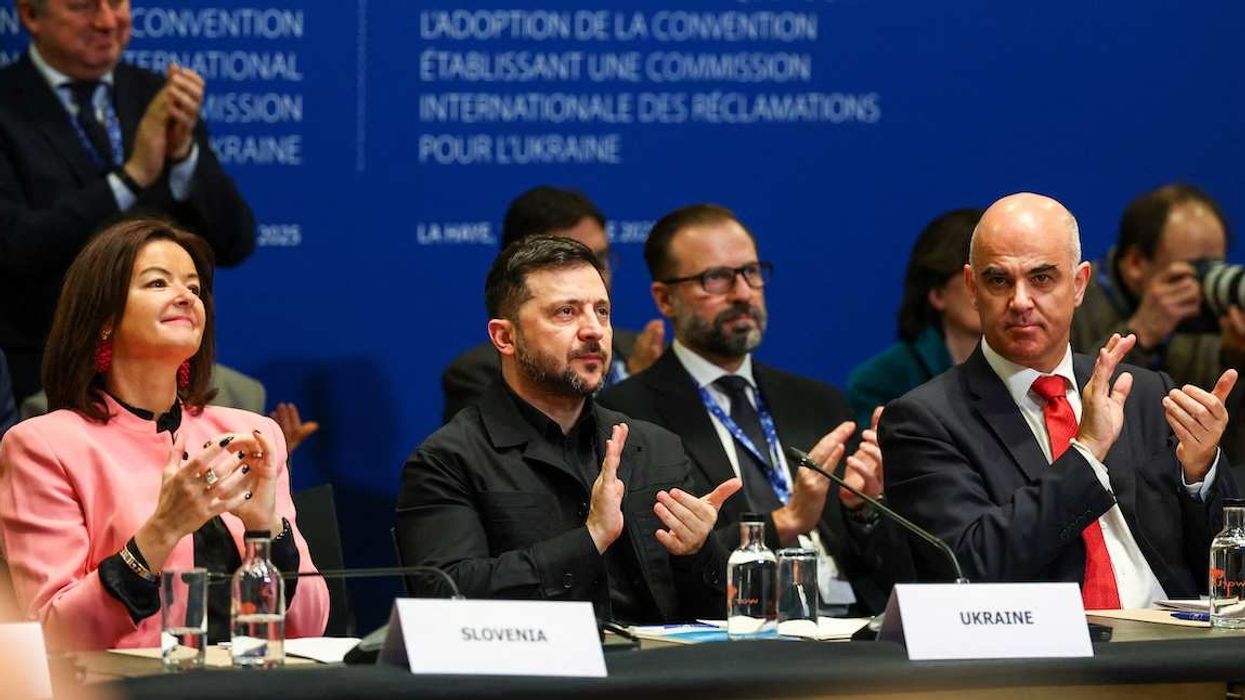Protesters are marching in the streets of Venezuela to demand that President Nicolas Maduro admit defeat in last Sunday’s election. Maduro claimed to have won by 51%, but the opposition says exit polls point to a strong win by their candidate, Edmundo Gonzalez. The US-based Carter Center, one of the few election-integrity watchdogs allowed to monitor the vote, agrees, noting that it “did not meet international standards of electoral integrity.”
On Wednesday, Maduro ordered the Supreme Court to conduct an audit of the election, which is a slight concession to cries for transparency, but he’s using an institution that is closely allied with his regime.
The Carter Center added that the National Electoral Council, which formally proclaimed Maduro president for a third term through 2031 on Monday, demonstrated clear bias in his favor. It also pointed out that short voter registration deadlines and the exclusion of most of the country’s large diaspora (more than seven million Venezuelan citizens have fled during Maduro’s presidency) impacted the result.
The CNE has resisted showing precinct-level results, despite international calls for transparency. The regime is unlikely to produce adequate evidence to dispel doubts about the election, which will trigger more unrest – and will likely prompt the US to impose sanctions.
Still, Venezuela’s military has continued to back Maduro. Defense Minister General Vladimir Padrino has referred to the protests as a “coup in progress,” and Maduro’s regime has suggested that opposition leaders should be arrested. But Eurasia Group’s Latin America Director Risa Grais-Targow says that is unlikely because it would only prompt more social unrest and an even tougher international response.



















